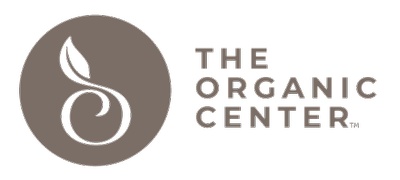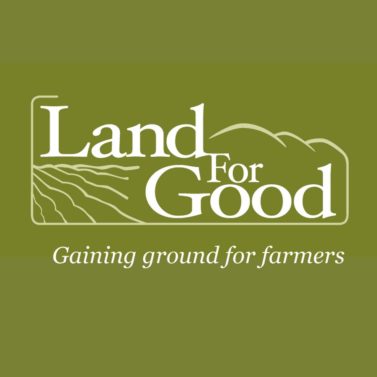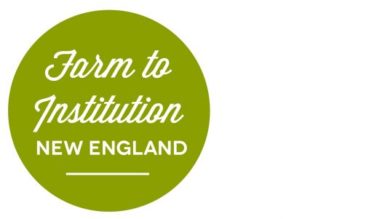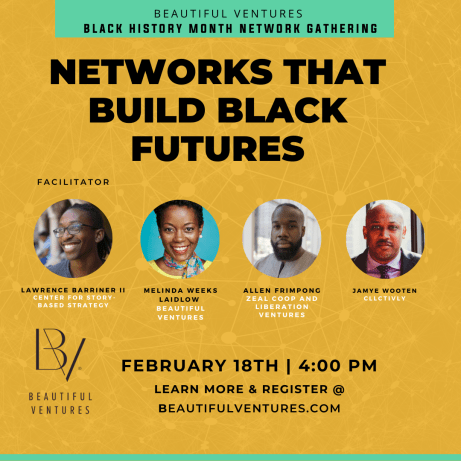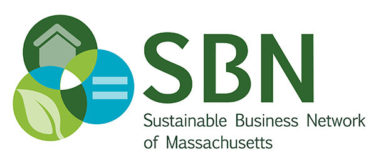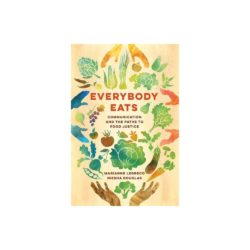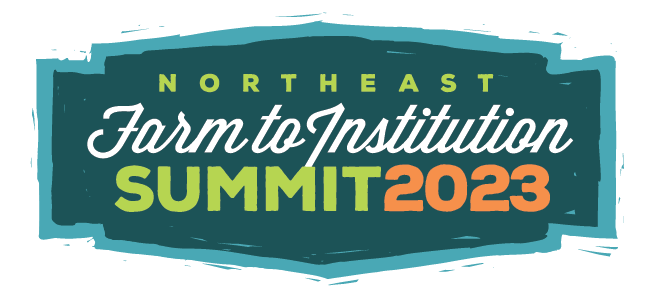Roundtable Discussion on Decolonizing Permaculture
OnlineJoin us in a roundtable discussion as PAN journeys towards decolonizing permaculture. We wish to create a frank conversation modelling vulnerability and transparency, moving past decolonization and moving towards equity. This event will include a panel with PAN board members and breakout groups with attendees.
Whether you have just started to study about decolonization or have been an activist or a community leader for years, we all have a place on this learning continuum. We invite you to join us as we learn together and share our experiences.

